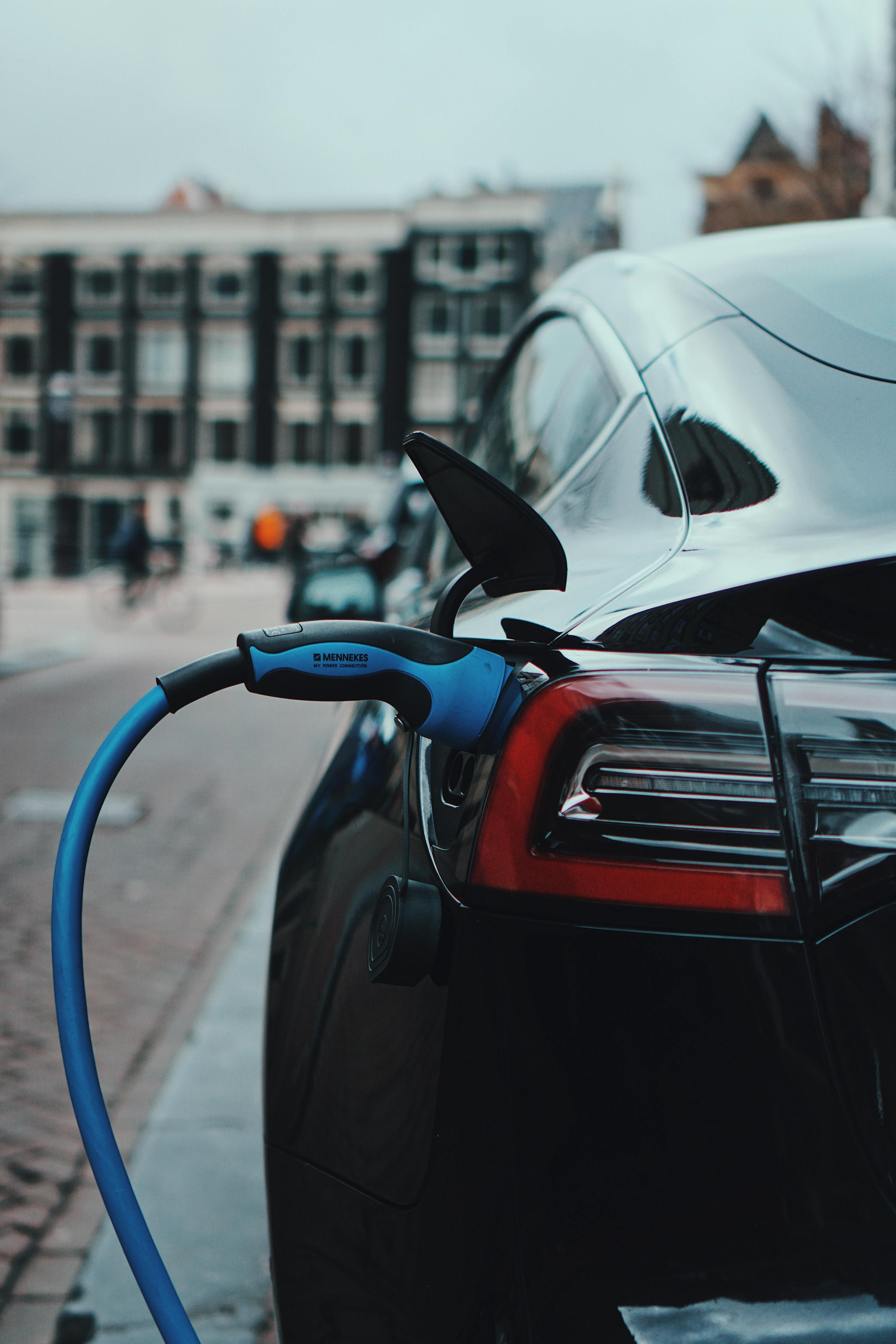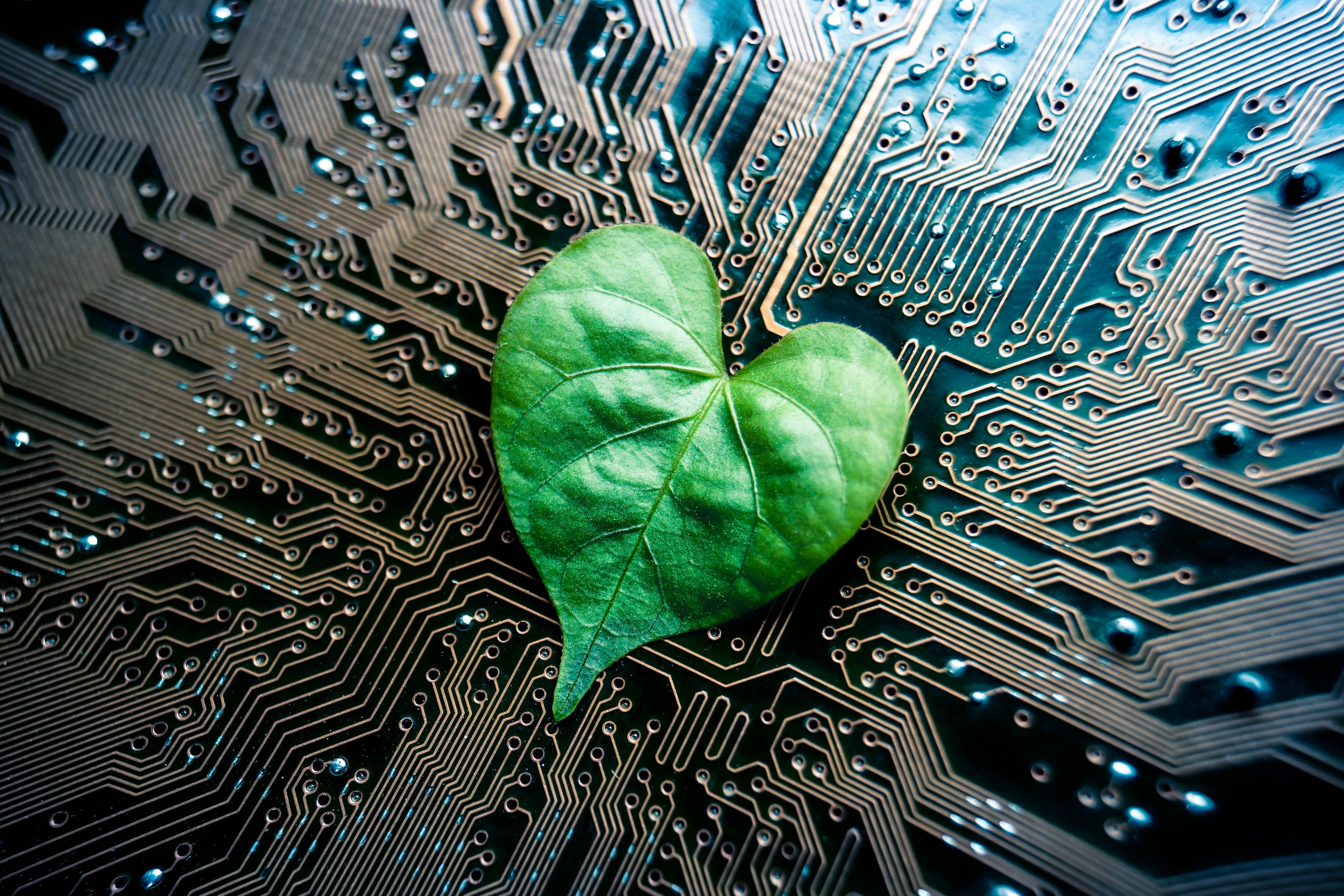
The Fourth Industrial Revolution represents a fundamental change in the way we live, work and relate to one another. It is a new chapter in human development, enabled by extraordinary technology advances commensurate with those of the first, second and third industrial revolutions. These advances are merging the physical, digital and biological worlds in ways that create both huge promise and potential peril. The speed, breadth and depth of this revolution is forcing us to rethink how countries develop, how organisations create value and even what it means to be human. The Fourth Industrial Revolution is about more than just technology-driven change; it is an opportunity to help everyone, including leaders, policy-makers and people from all income groups and nations, to harness converging technologies in order to create an inclusive, human-centred future. The real opportunity is to look beyond technology, and find ways to give the greatest number of people the ability to positively impact their families, organisations and communities.

Why the world needs to invest in female climate entrepreneurs
Women are more affected by climate change than men, but their perspective is lacking when it comes to solutions.

The 5 'Ts' of cyber-crisis readiness for every kind of organization
Businesses and organizations looking to shore up their cybersecurity in an age of rising threats should look to maintain a state of constant preparedness for attack.

The 4 industries to empower South Asia, according to the World Bank
A World Bank report examines how South Asia can capitalize on existing technologies, to accelerate human capital development and promote resilience to future crises.

How the digital revolution can make healthcare more inclusive
Highly individualized medicine is now within reach. We highlight three examples that support the contact between patients and doctors using digital tools.

Global Lighthouse Network: Unlocking Sustainability Through 4IR
This paper challenges the notion that environmental responsibility is inherently at odds with productivity and, by extension, profitability.

How can we get hydrocarbon-rich nations to board the EV wagon?
With governments all over the world considering how to reduce their transport emissions, what are the most viable options for countries reliant on traditional fuels?

What would it take to make AI ‘greener’?
With the right approach, AI can become a sustainable technology and a key tool in mitigating the worst impacts of climate change.

How a new app helps fishing boats avoid netting endangered species
A number of fishing vessels have been using BATmap, a real-time app that helps boats to avoid catching endangered marine species caught up in the nets.

Scientists have now made it possible to 'touch' holograms
Precisely controlled jets of air are paired with computer generated graphics to create the sensation of touching the hologram.

Q&A: Everything you need to know about intelligent automation
Intelligent automation can take on mundane, repetitive tasks, freeing workers up to take on more creative elements of their work. Expert Pascal Bornet explains.

Take the 1 Billion Lives Challenge to close the digital divide
Only half of the world is online – and cost is the critical barrier. The EDISON Alliance will accelerate digital inclusion for 1 billion people – here's how.

This is what global tax reforms will mean for Asia's tech giants
A new set of global tax reforms will change where tech giants pay taxes, resulting in major ramifications for investments hubs across Asia like Singapore.